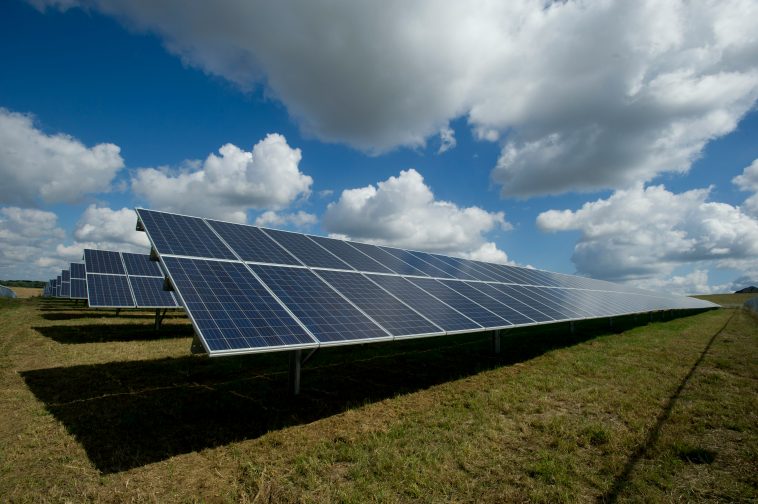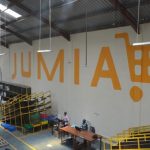Hohm Energy, a South African solar company that raised $8 million in a seed round this February, has now halted operations due to cash flow issues and an inability to meet existing debt obligations.
The company has entered a business rescue process, designed to assist financially distressed businesses, and has laid off an unspecified number of employees. According to South African law, the business rescue process lasts three months, during which a business rescue practitioner is required to investigate the company’s affairs, gather creditors for a meeting, and provide guidance on the company’s future prospects.
“We are currently working with legal counsel to better understand the potential paths forward, but Hohm is not trading at the moment,” stated Franc Gray, CEO of Hohm’s parent company, Spark Energy Services, in an interview with TechCabal.
After the resignation of Ohlsen, Ryan Steytler, the managing director, assumed leadership of the company and made the decision to place the business into business rescue. Gray claims that Steytler made this decision unilaterally, disregarding the advice of shareholders.
Attempts to reach Steytler and Ohlsen for comments were unsuccessful.
Hohm Energy, established in 2021, has its flagship product in a solar marketplace that allows customers to digitally assess their solar energy needs and obtain loans for rooftop solar installations.
The platform also provided solar installers with the tools to design, manage, and finance their projects. As South Africa’s load shedding crisis intensified, demand for renewable energy solutions like those offered by Hohm surged.
By February 2024, the company reported having generated over 17,000 custom solar rooftop designs valued at $190 million, with $90 million in financing applications to bring these projects to life. In February, Ohlsen informed TechCabal that the company was on course to achieve profitability by the end of 2024.
Hohm significantly expanded its workforce, expecting a surge in demand for solar energy, according to Bas Hochstenbach, managing partner at E4E Africa, an investor in Hohm.
But as South Africa’s grid electricity improved, Hohm’s business began to reveal early signs of strain.
“Hohm faced substantial fixed costs and struggled to quickly restructure its expenses as revenue declined due to the slowdown in solar demand,” noted Gray.
Hohm’s early days were marked by lax governance structures, which affected the efficiency of its operating model. The company didn’t establish a board until early 2024, just before its seed round, according to an investor who requested anonymity to speak candidly.
Gray also suggested that Hohm’s management could have provided more transparent reporting on the company’s health, which would have allowed Spark to offer more adequate support.
“Right now, the objective is to achieve the best possible outcome for everyone involved in a less-than-ideal situation,” said one investor.
Following the rescue process, parent company Spark intends to inject more funds into the business but will do so under a new business model and management team.





